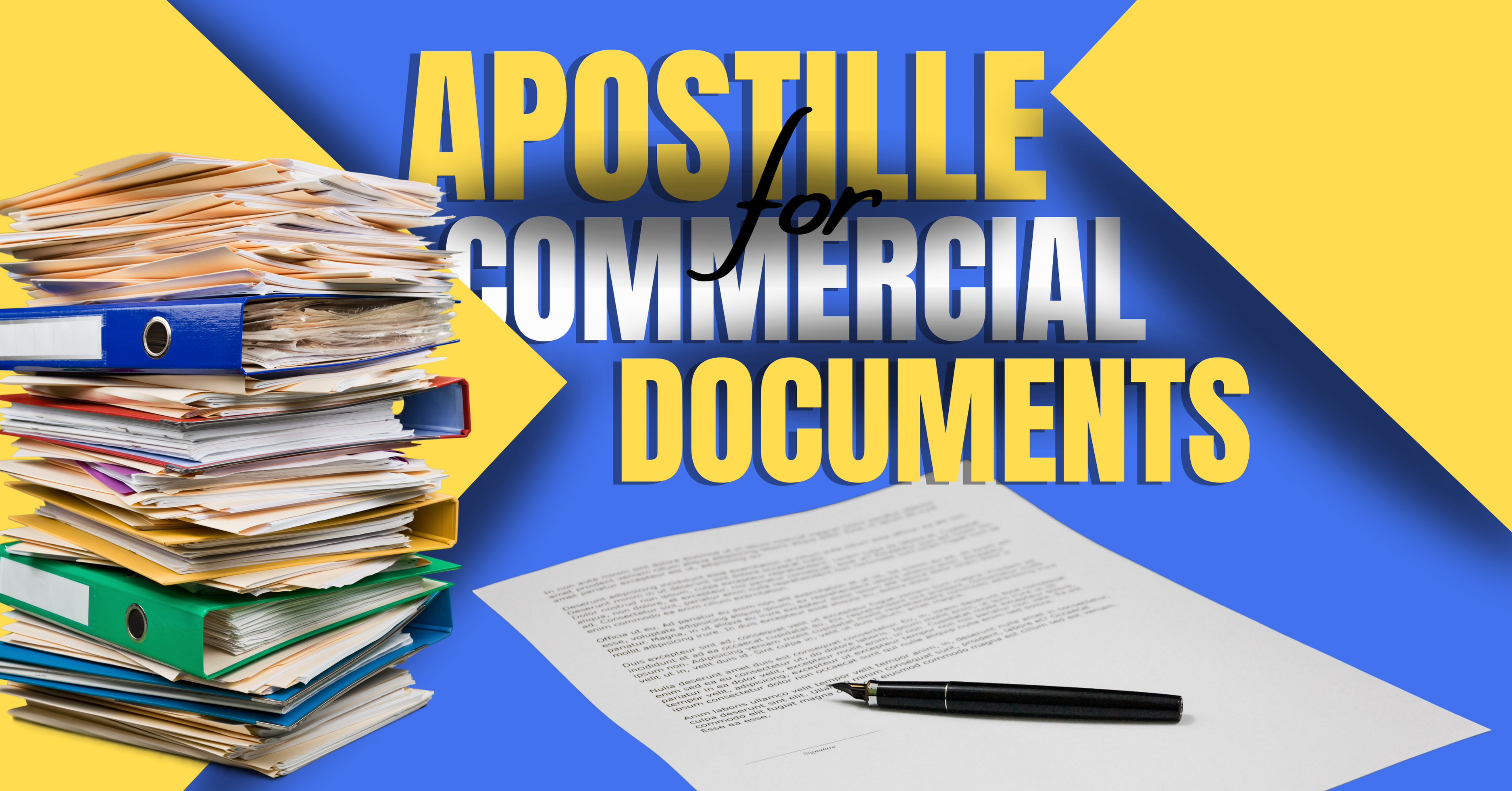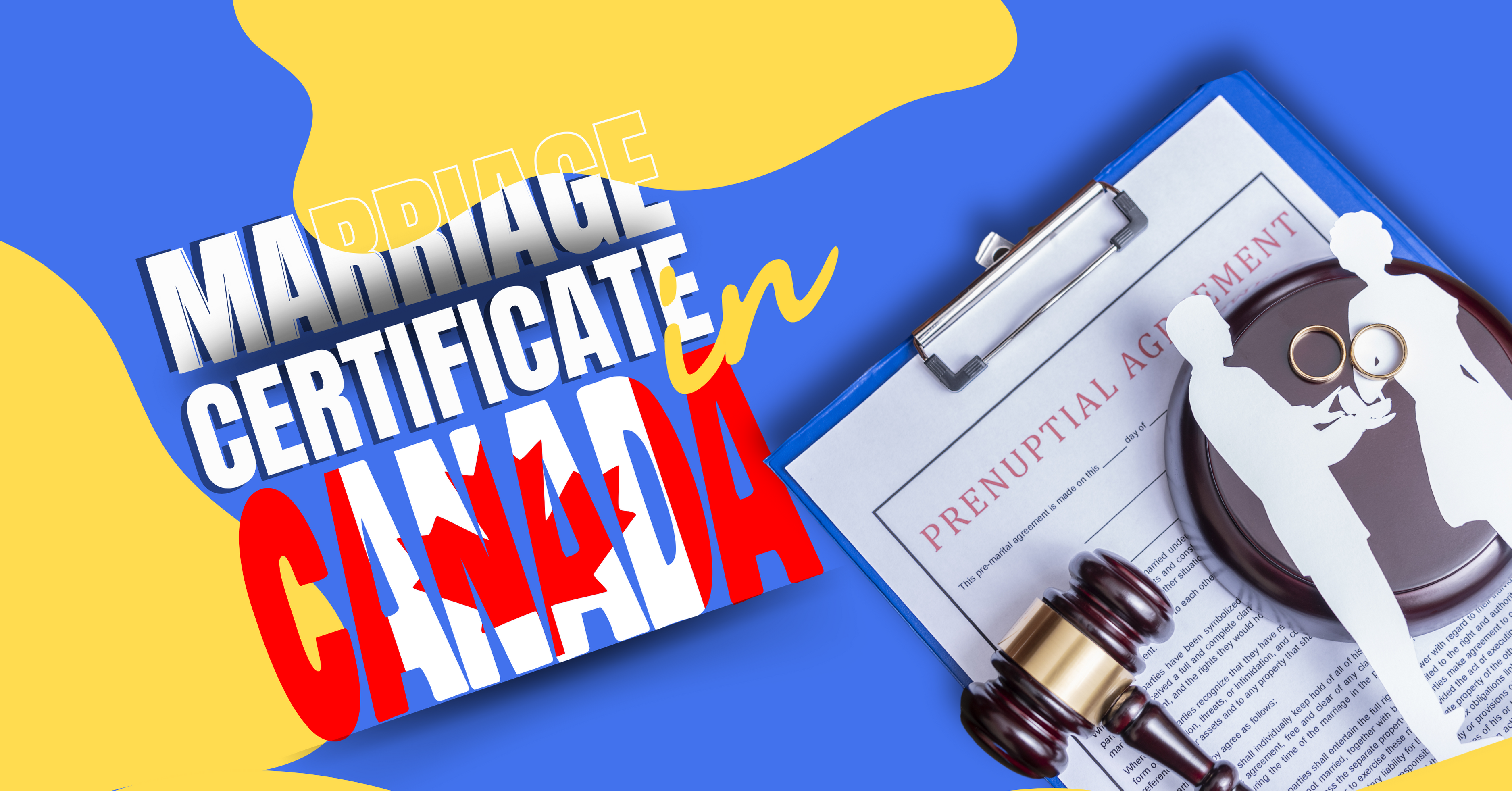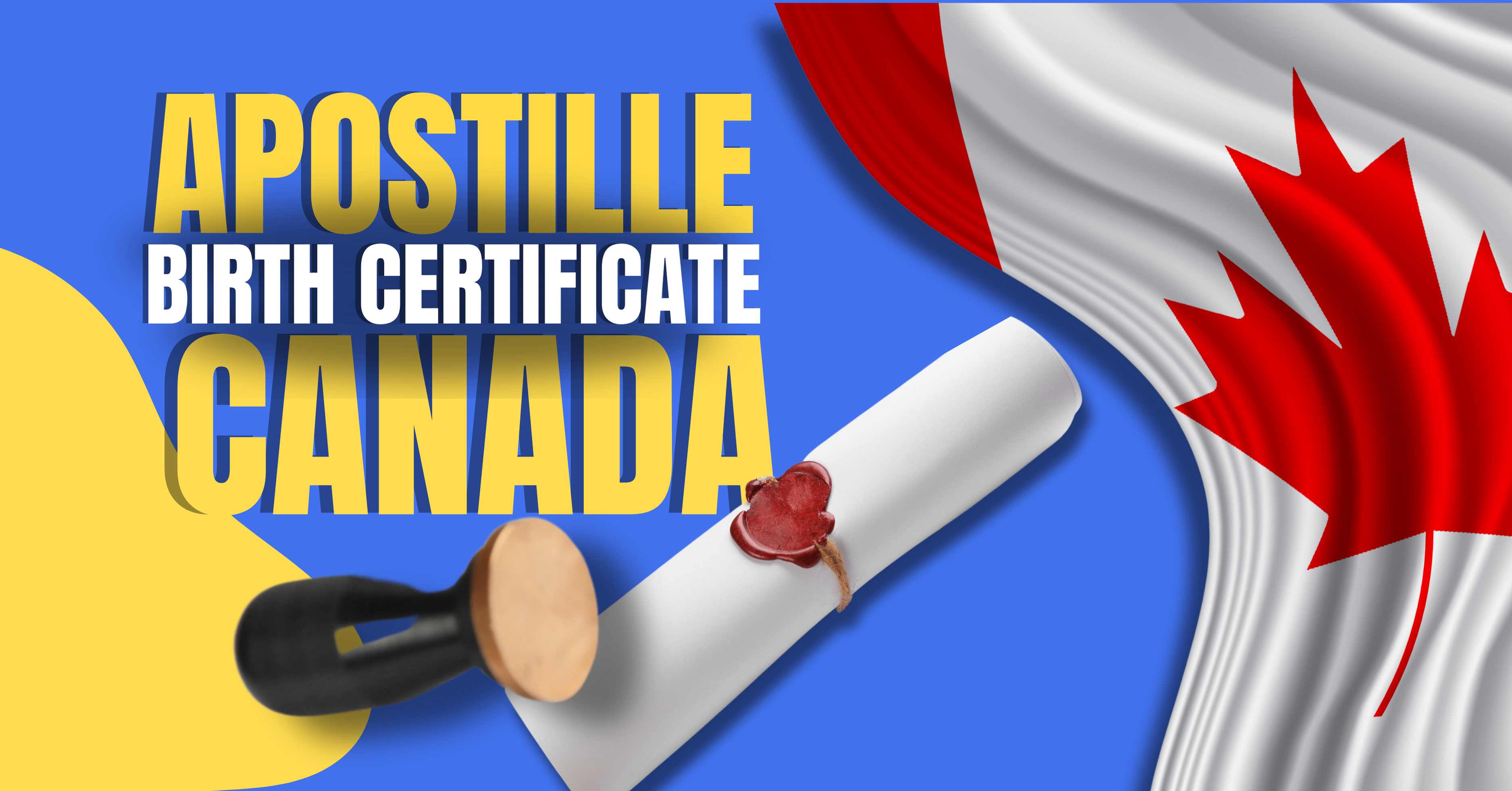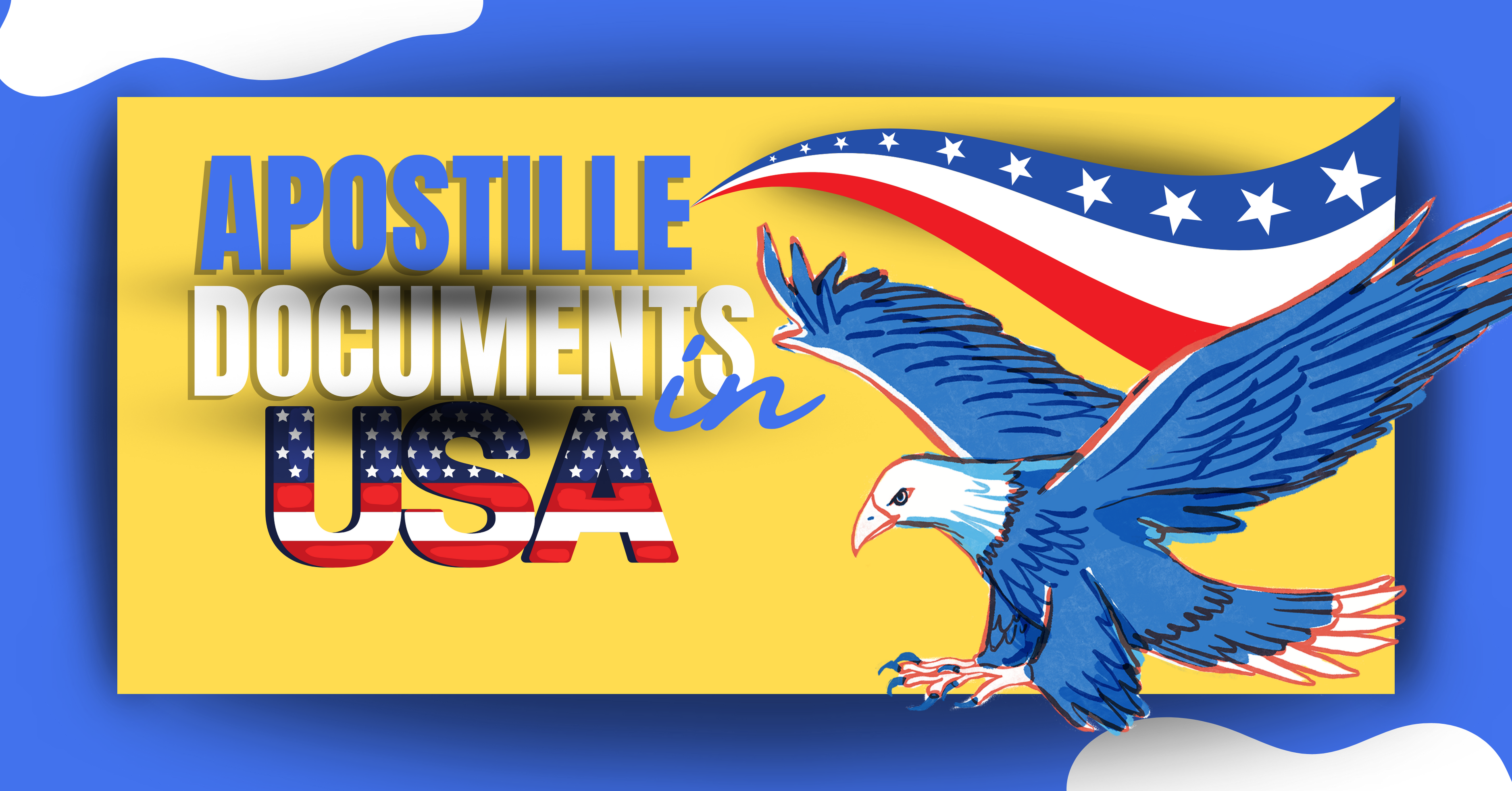In today’s interconnected world, where businesses are expanding their horizons beyond borders, the validation and verification of commercial documents become essential. Whether it’s a contract, an invoice, a certificate of incorporation, or any other vital business document, ensuring its authenticity and legality is crucial, especially when dealing with international partners. This is where the concept of an “apostille” enters the scene, simplifying the process and bolstering international trade transactions.
Understanding Apostille for Commercial Documents
An apostille is more than just a fancy term; it holds the power to legitimize your commercial documents across international boundaries. Essentially, an apostille is a certificate that authenticates the origin of a public document, such as those issued by government authorities, courts, or notaries. This validation ensures that the document is legally valid and can be readily accepted by foreign governments and entities.
The Hague Apostille Convention, an international treaty established in 1961, revolutionized the way countries recognize foreign public documents. As of now, over 120 countries are part of this convention, making the apostille a widely accepted and standardized form of document validation.
The Significance of Apostille for International Business
Imagine you’re a company engaging in a cross-border business deal. Your potential business partner requires certain documents to verify the legality of your enterprise. Without an apostille, the process of legalizing these documents can be time-consuming, involving various bureaucratic steps, notarizations, and translations. This could lead to delays, additional expenses, and potential misunderstandings.
By obtaining an apostille for your commercial documents, you’re essentially obtaining a golden ticket that simplifies this process. The apostille confirms the authenticity of the document’s source, ensuring that it holds the same legal weight in the foreign country as it does in its country of origin. This means faster transactions, reduced administrative hassles, and a higher level of trust between the parties involved.
Navigating the Apostille Process
The process of obtaining an apostille for your commercial documents involves a few key steps:
- Document Preparation: Ensure that the document is complete, accurate, and properly signed before submitting it for authentication.
- Government Authentication: Depending on your country’s regulations, your document may need to be notarized or certified by the relevant government authority. This step verifies the authenticity of the document’s signatures and seals.
- Apostille Issuance: Once your document has been authenticated, it’s presented to the designated authority responsible for apostille issuance. This authority adds the apostille certificate, which includes important information like the issuing country, the name of the document, the name of the signer, and the date of issuance.
Benefits of Apostille for Commercial Documents
- Time and Cost Savings: The apostille process significantly reduces the time and expenses associated with legalizing documents individually for each foreign country.
- Global Acceptance: As long as the receiving country is a member of the Hague Apostille Convention, your documents are more likely to be accepted without the need for further validation.
- Enhanced Trust: Having an apostille attached to your documents demonstrates your commitment to transparency and legality, instilling confidence in your business partners.
Frequently Asked Questions (FAQs)
Q1: Can Apostilles Be Applied to Any Document?
Apostilles are generally applicable to public documents, such as birth certificates, marriage certificates, court documents, notarial acts, and of course, commercial documents like contracts and agreements.
Q2: Is an Apostille Needed for Every Foreign Country?
No, an apostille is typically required for countries that are part of the Hague Apostille Convention. However, some countries have bilateral agreements that exempt the need for an apostille.
Q3: How Long Does the Apostille Process Take?
The processing time varies from country to country. It’s advisable to check with the relevant authorities or consult a legal professional to get a better understanding of the timeline.
Conclusion
In the intricate web of international business, where precision and authenticity are paramount, the apostille emerges as a game-changer. It not only simplifies the process of verifying the legality of commercial documents but also serves as a symbol of credibility and trustworthiness. As businesses continue to expand their global reach, embracing the power of the apostille can lead to smoother transactions, stronger relationships, and a more efficient global marketplace. So, whether you’re a seasoned international trader or just stepping into the realm of cross-border commerce, consider the apostille as your passport to hassle-free transactions and international success




































